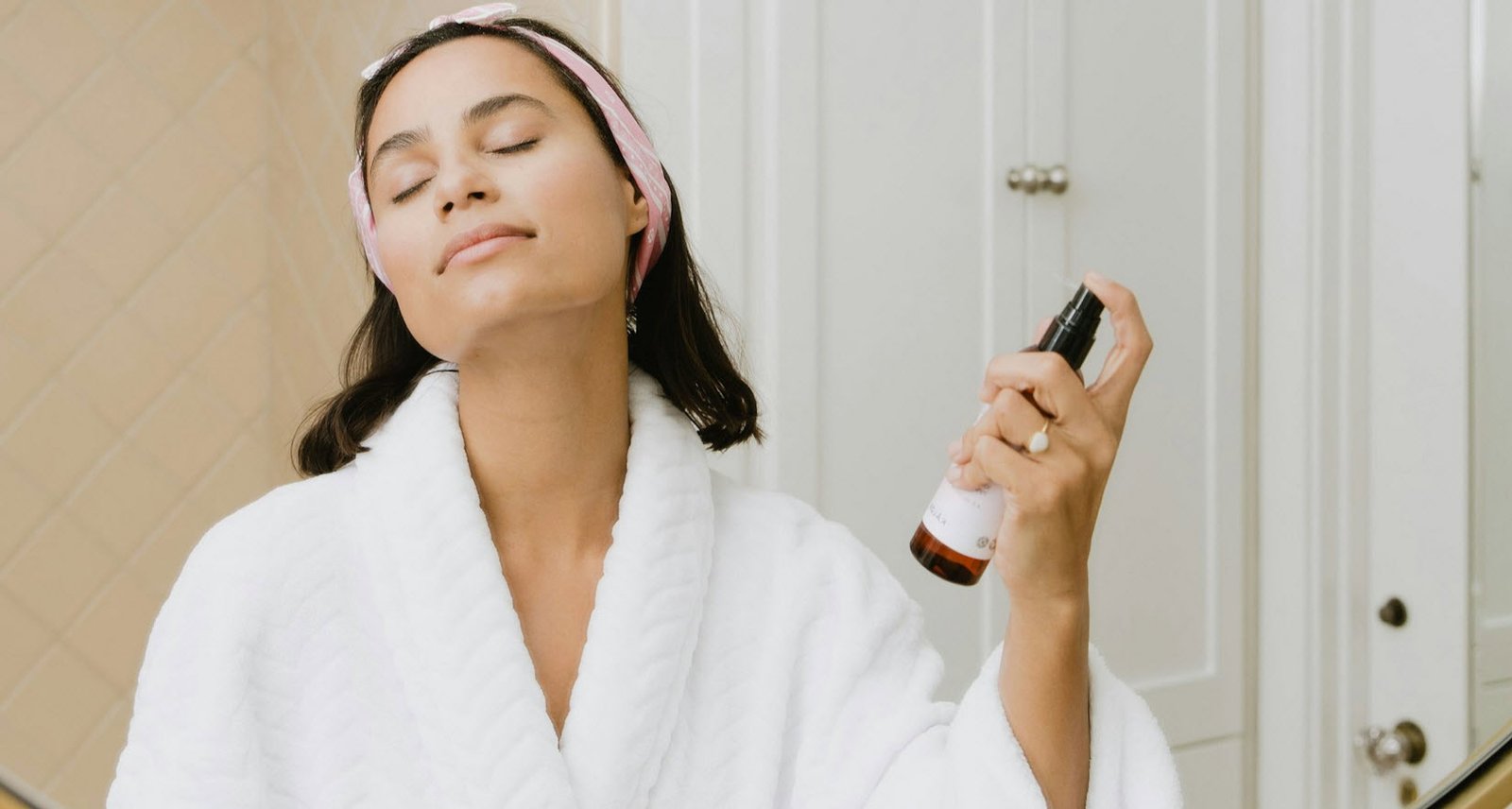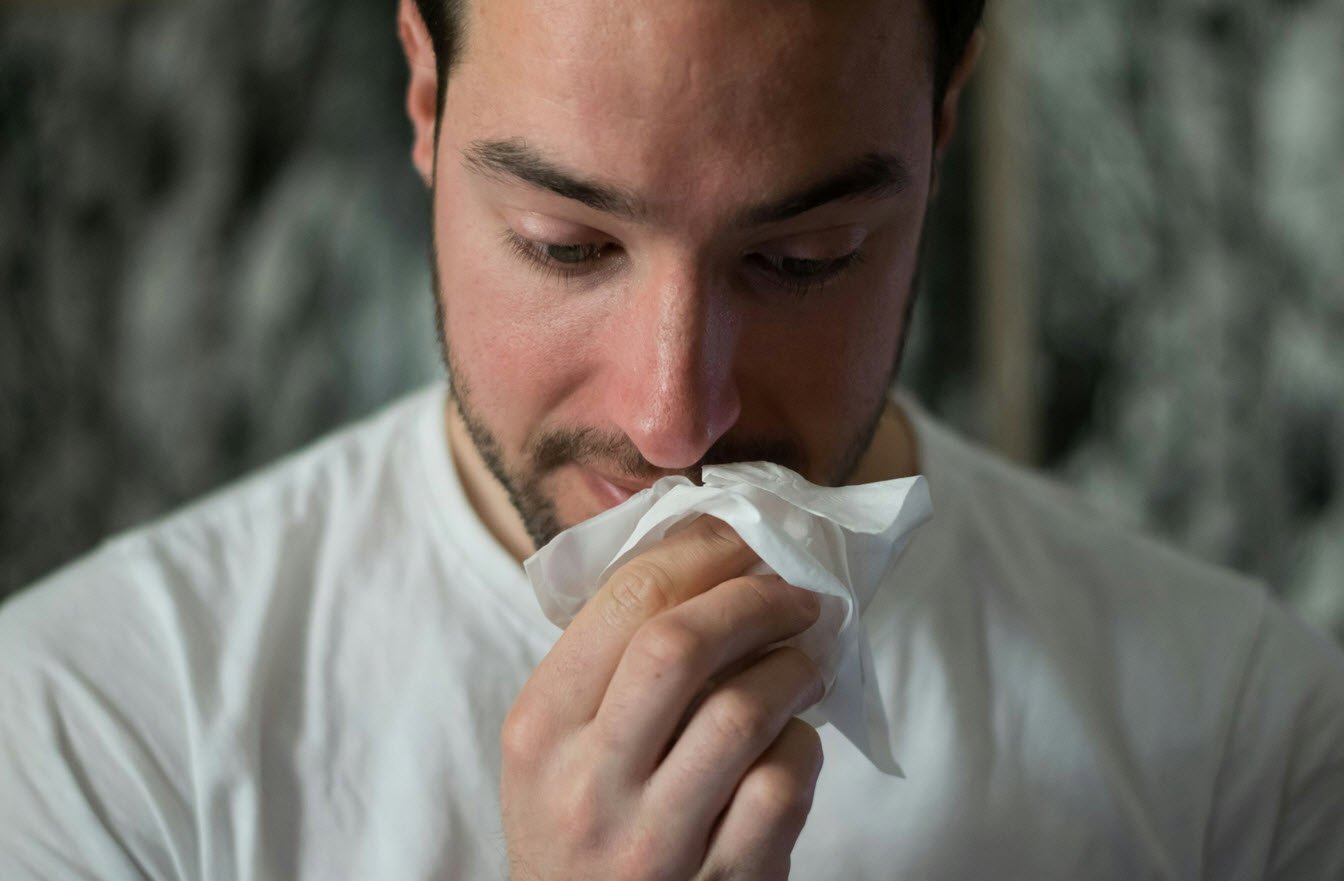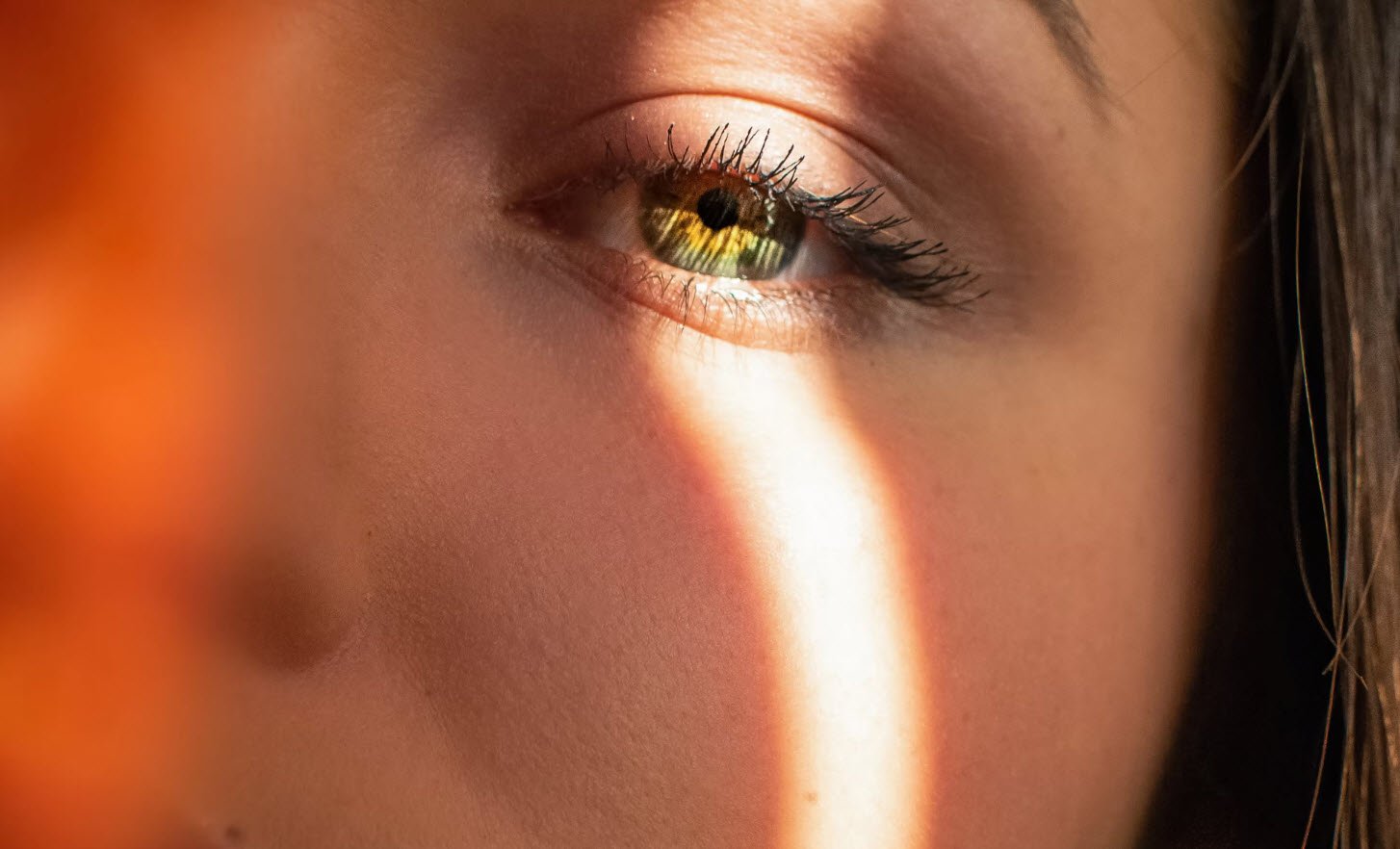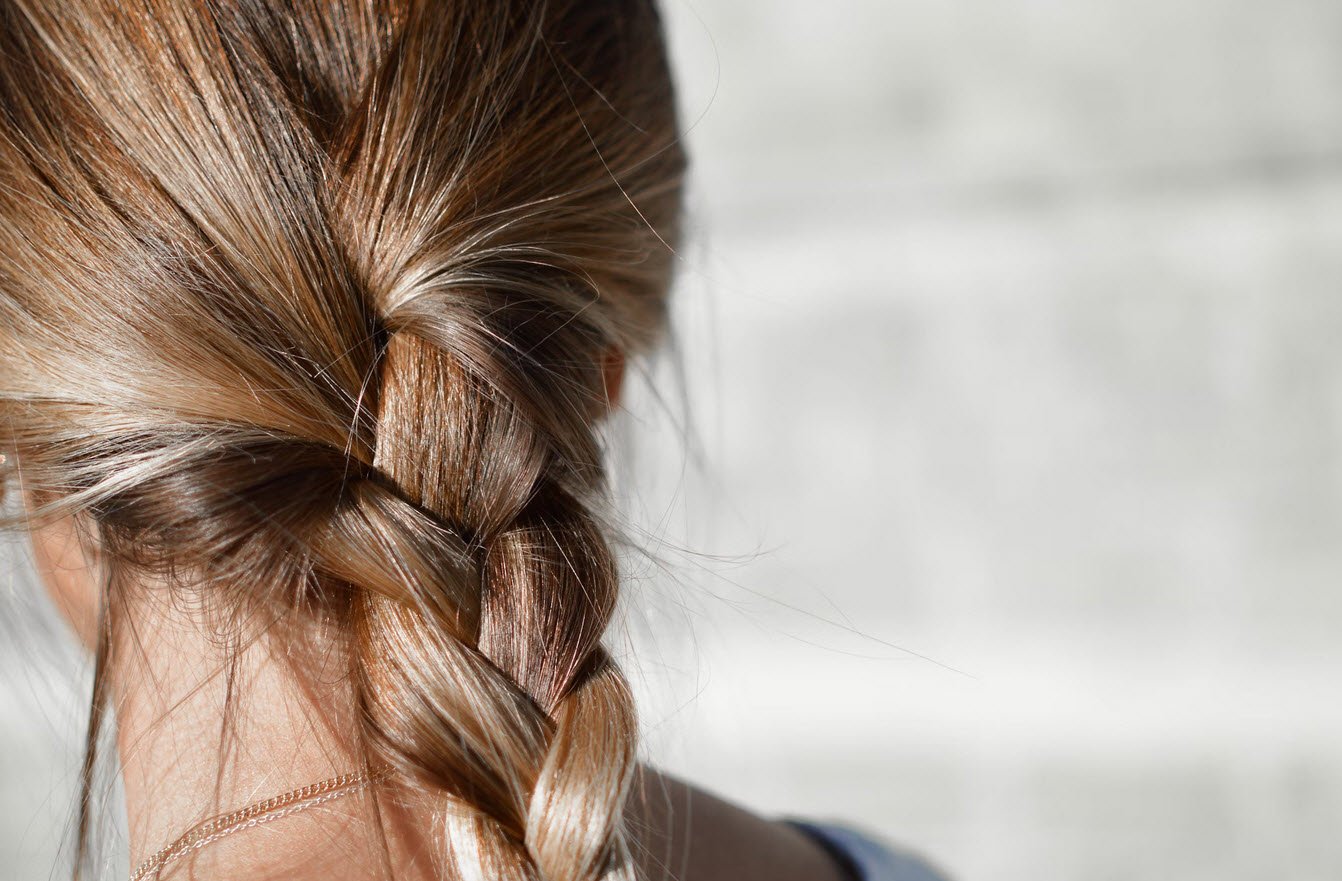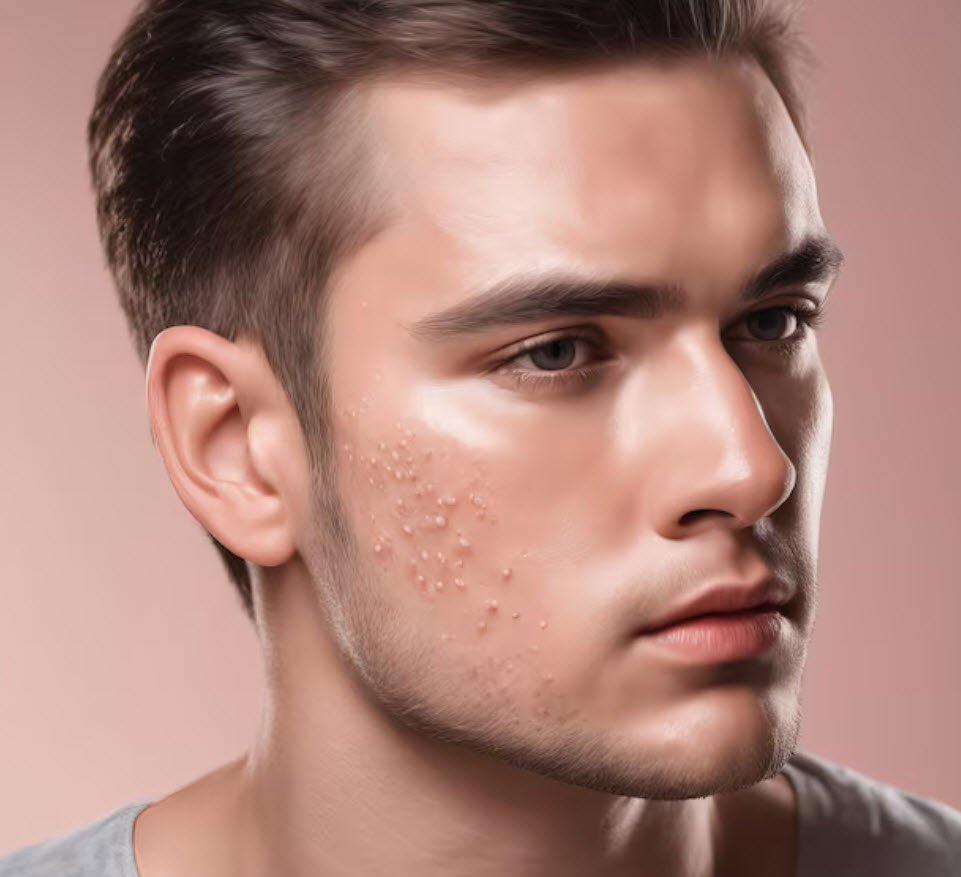
Acne is a common issue that many boys face during puberty. This period of life is already filled with numerous physical and emotional changes, and dealing with acne can add an extra layer of stress and self-consciousness. While it might seem like a trivial issue to some, for a young man, acne can significantly impact confidence and overall well-being.
The good news is that acne can be managed and reduced with the right approach. Below are seven tips to help boys tackle acne effectively and boost their self-esteem during this challenging time.
- Take Acne Seriously
- Maintain a Gentle Skincare Routine
- Consult a Healthcare Professional
- Avoid Picking or Squeezing Blemishes
- Use Non-Comedogenic Skincare Products
- Experiment with Different Shaving Methods
- Consider Prescription Medications for Severe Acne
1. Take Acne Seriously
It’s easy to dismiss acne as just a minor skin problem, but for boys going through puberty, it can be a big deal. Acne can make them feel self-conscious, affecting their social interactions and overall confidence. Recognizing the emotional impact acne can have is the first step in dealing with it. Support and understanding from parents, friends, and guardians can make a world of difference.
Encourage open conversations about acne, and remind them that it’s a common issue that many people face during their teenage years.
2. Maintain a Gentle Skincare Routine
One of the most effective ways to manage acne is through a consistent skincare routine. However, it’s essential to be gentle. Many boys might think that scrubbing their face hard will get rid of acne, but this can actually make things worse.
Instead, opt for a mild cleanser that can be used twice a day—once in the morning and once at night. Harsh scrubbing or using abrasive products can irritate the skin, leading to more breakouts. A gentle routine will help keep the skin clean without causing additional irritation.
3. Consult a Healthcare Professional
When over-the-counter products aren’t making a difference, it’s time to seek professional advice. A doctor or dermatologist can provide valuable insights into the best treatment options for acne.
They can recommend specific products or medications tailored to the individual’s skin type and severity of acne. In some cases, prescription medications may be necessary to get acne under control. Regular check-ins with a healthcare professional can ensure that the treatment is effective and adjust it as needed.
4. Avoid Picking or Squeezing Blemishes
As tempting as it might be, picking at or squeezing pimples is a bad idea. This habit can lead to more significant problems, such as scarring and prolonged healing time. When you pick at a blemish, it causes the surrounding skin to become inflamed, which can worsen the acne and lead to permanent scars.
Encourage boys to resist the urge to touch their face and instead let blemishes heal on their own. If a pimple is particularly bothersome, spot treatments recommended by a dermatologist can help reduce its appearance more safely.
5. Use Non-Comedogenic Skincare Products
When selecting skincare products, look for those labeled as “non-comedogenic.” This term means that the product is designed not to clog pores, which can help prevent acne from forming. Many products, including moisturizers, sunscreens, and makeup, can be comedogenic (pore-clogging) and exacerbate acne.
By choosing non-comedogenic options, you reduce the risk of new blemishes forming. It’s also important to check labels and avoid products with heavy oils or other ingredients that might trigger breakouts.
6. Experiment with Different Shaving Methods
For boys who are starting to shave, finding the right method can make a big difference in managing acne. Shaving can irritate the skin, especially if it’s already sensitive or prone to breakouts. Some boys might find that an electric razor is gentler on their skin, while others might prefer a safety razor with a sharp blade.
It’s important to experiment to see what works best. Also, using shaving cream or gel that is non-comedogenic can help protect the skin during shaving. If shaving causes frequent breakouts, consider shaving less frequently to give the skin time to heal.
7. Consider Prescription Medications for Severe Acne
If acne is severe and doesn’t respond to over-the-counter treatments, prescription medications may be necessary. A dermatologist can prescribe topical treatments, oral antibiotics, or other medications that target the underlying causes of acne, such as bacteria or hormonal imbalances.
For very severe cases, treatments like isotretinoin (commonly known by the brand name Accutane) might be considered, but these come with potential side effects and require careful monitoring by a healthcare provider. Early intervention with the right medication can prevent acne from getting worse and reduce the risk of scarring.
Conclusion
Acne is a normal part of puberty for many boys, but that doesn’t mean it has to be a source of stress or embarrassment. By taking acne seriously and adopting a gentle, consistent skincare routine, boys can significantly reduce their breakouts and improve their skin’s health.
Consulting with healthcare professionals, using the right products, and avoiding common pitfalls like picking at blemishes are crucial steps in managing acne effectively. With the right approach, boys can navigate this challenging time with more confidence and less worry about their skin. Remember, acne is temporary, but the lessons learned about self-care and skin health can last a lifetime.
By following these tips, boys can take control of their acne and focus on enjoying their teenage years with confidence.


